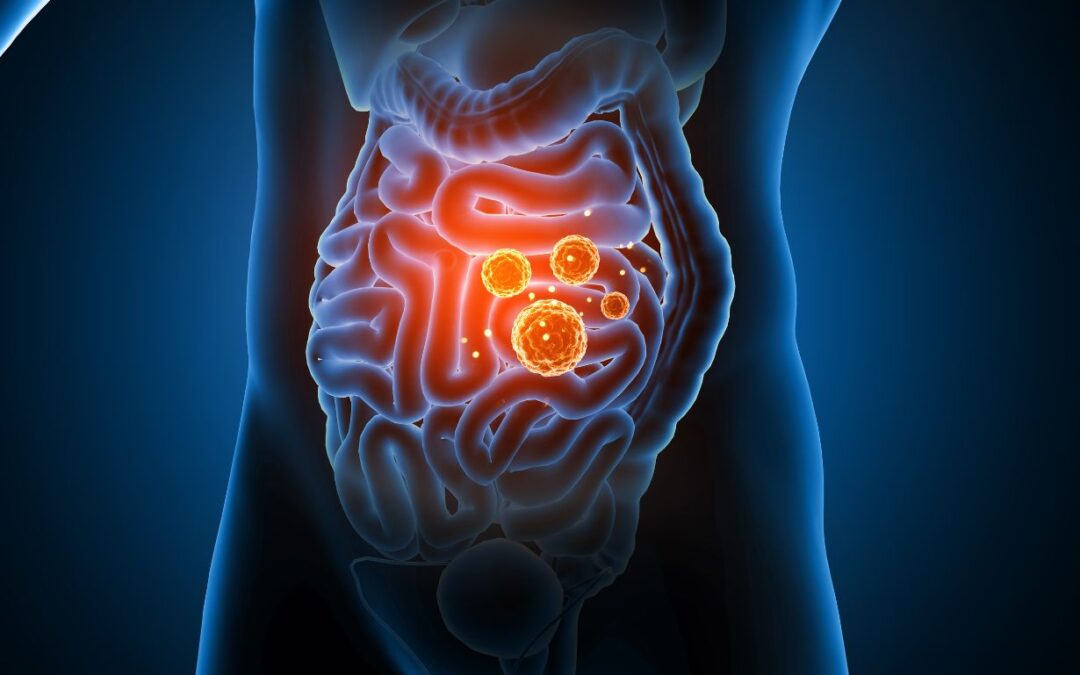Irritable Bowel Syndrome (IBS) is a gastrointestinal (GI) disorder that affects a considerable number of individuals globally. Gut dysbiosis is one of its likely causes [1]. Gut dysbiosis arises from an imbalance in the gut microbial community that calls our bowel home. It can lead to often serious health outcomes involving processes like chronic inflammation. The presence of harmful and useful microorganisms ought to be in equilibrium in the gut ecosystem. Dysbiosis however means that this balance is upset and that the harmful bacteria take a hold to outweigh the useful ones. This causes a myriad of problems, leading to IBS symptoms including abdominal pain, bloating, diarrhoea, and constipation.
Various studies have shown that gut dysbiosis is prevalent in individuals with IBS [2], as opposed to those without it. Various factors, including a poor diet, stress, infections, genetics, and antibiotic use, can cause dysbiosis. To treat IBS attributed to gut dysbiosis, practitioners focus on restoring the balance of gut microbes. This can happen through a combination of dietary supplements, prebiotics, probiotics, and changes to diet including increasing fibre-rich foods.
A nutrient-rich diet consisting of high-fibre foods, fruits and veggies, and fermented items like kefir and yoghurt can promote the growth of useful bacteria. Probiotic supplements can also contribute to restoring these bacteria to the gut system. Consulting a healthcare practitioner is vital for people experiencing IBS symptoms. Gut dysbiosis might be an underlying cause. Proper treatment will help alleviate related symptoms by restoring the balance of the gut microbiota.
The intestinal dysbiosis test offered by Analutos looks for the chemical metabolites of specific bacteria in urine. Although not diagnostic for IBS, it can be helpful in pinpointing whether gut dysbiosis may be contributory to the symptoms of IBS and, importantly, how any findings might be amenable to intervention.
[1] Saffouri GB. et al.. Small intestinal microbial dysbiosis underlies symptoms associated with functional gastrointestinal disorders. Nat Commun. 2019 May 1;10(1):2012. doi: 10.1038/s41467-019-09964-7.
[2] Wang L. et al. Gut Microbial Dysbiosis in the Irritable Bowel Syndrome: A Systematic Review and Meta-Analysis of Case-Control Studies. J Acad Nutr Diet. 2020 Apr;120(4):565-586. doi: 10.1016/j.jand.2019.05.015.
For further information on our urinary intestinal dysbiosis test, visit: https://www.analutos.com/our-tests/intestinal-dysbiosis-markers-test/ or visit: www.analutos.com

